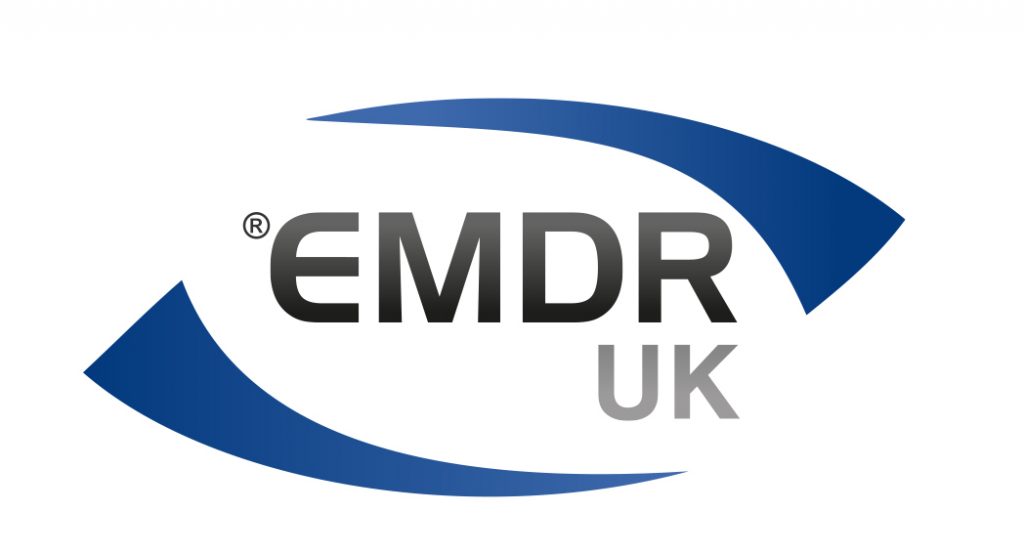Introduction to your first psychology appointment
When I meet someone at their first psychology appointment I almost always ask them the same two questions: a) how are you feeling about today’s appointment? and b) what are you hoping to get out of today’s appointment?
The most common answers are: a) I’m a bit nervous, and b) I’m not sure.
Most people don’t know what to expect from a first psychology appointment and this can understandably add to their anxiety. I am writing this article about what happens at your first psychology appointment so people have some idea of what it might be like. I hope this can help to make the process a bit less nerve-wracking.
It is important to say that one of the key principles of psychology is that everyone is different and therefore any psychologist needs to customise the appointment to fit the individual1. Having said this, there are some typical parts to a first psychology appointment which I will be describing here.
Goals
Finding out the client’s goals is arguably my most important task when I meet someone for the first time. If we know what they are trying to achieve or what they would like to be different then we can think together about how psychology can help them to make this a reality. It is common for people to be unsure about their goals when they first come to see me and we work together to understand what is important to them and what a positive change might look like. We don’t need to set goals in the first session but starting the thinking process is often helpful.
As a therapist I have my own goals as well. In the first appointment I want to get to know the client. If I understand something about their personality then I can adjust my approach to suit them as an individual. If I understand their strengths and resources (e.g. their interests, achievements, important people in their lives), then we can draw on these things to help them to achieve their goals. If I understand what they find helpful in terms of their psychological wellbeing, then I can include those things in our plan.
What is a psychology assessment?
The technical name for this first psychology appointment is an ‘assessment’. Sometimes assessments include questionnaires although personally I would usually rather spend the time having a conversation with the client to understand their perspective. As I said before though, everyone’s needs are different and sometimes a questionnaire can be very helpful for understanding the situation.
Assessments are different than the other main type of psychology appointment which is called ‘therapy’. The big difference is that therapy is about making changes in how people think, feel or behave. An assessment is about gathering information. Psychologists will always start with an assessment and usually the second appointment is when therapy begins. After all, how can you help someone make changes if you don’t know anything about them?
Sometimes a person only ever has an assessment and doesn’t continue on to therapy. There are several reasons why this might happen. The client might decide psychology is not for them, they might feel like the particular psychologist is not a good fit for them, or they might just want to get the psychologist’s opinion about a specific issue (perhaps some other professional like a medical doctor or a solicitor wants an opinion from the psychologist).
Common topics
There are some common topics which are covered during an assessment. We will talk about the issues the client is facing. I will ask about when the issues first started and how they have changed over time. I will ask about what kind of things make the issues better or worse. We will talk about the client’s concerns about the future and what life might be like if they were able to overcome the issues.
As mentioned, we will talk about the important people, activities, personality traits and resources which the client has to draw on. This is a crucial part of what is called a positive approach to psychology2. It is common for psychology appointments to talk a lot about ‘problems’ (after all, not many people come to speak with me if everything is going perfectly!), but the solutions and the positive aspects of life are just as important. It is these things which help clients to achieve their goals. Therapy, like life in general, is difficult, and we need to use everything we can to support ourselves.
I don’t ask a lot about childhood experiences, unlike some other therapists. In my experience the present and the future are more important than the past when it comes to making changes in our lives. Unlike in TV programmes or films, it is rare for some past experience to be the key to unlocking someone’s psychological wellbeing in a ‘eureka!’ moment. Far more commonly, good psychology is about helping people identify what they want to be different in the future and supporting them to overcome any obstacles they face in the present. During the assessment I will ask a few brief questions about the client’s early years and then we will deal with any significant childhood issues as they come up in therapy.
Finally I will also ask about things like sleep, physical health, medication et cetera as these sorts of practical issues can have a massive impact on someone’s wellbeing and ability to make changes.
The conclusion of your first psychology appointment
After around 45 minutes of conversation we reach the conclusion of the assessment. I put all the information we have gathered into a psychological story (the technical term is a ‘formulation’) which helps to explain why a person is experiencing the given issues and what might be helpful. A formulation is specific to that individual based on their situation and draws on psychological theory, research and experience3.
Perhaps most importantly, the client and I agree on a plan of action. Often this involves psychological therapy which would typically begin at their second appointment. Sometimes the plan is about something they can do on their own (e.g. reading some self-help material) or with a specialist organisation (e.g. a support group for people with similar experiences).
Sometimes at the end of assessments clients are certain that they want to continue on to therapy. Sometimes they would like some time to go away and think about it. Assessments involve talking about lots of important things and can be emotionally draining. It is natural for people to take time to process what has been discussed and to think about the psychological formulation and the plan.
Whatever people decide, I try my best to make the experience as comfortable and helpful as possible and I hope this article can help in achieving that goal.
Thanks for reading,
Andrew
Dr Andrew Morgan, Clinical Psychologist
References
1: Rogers, C. R. (1951). Client-centered therapy; its current practice, implications, and theory. Houghton Mifflin.
2: Gable, S. L., & Haidt, J. (2005). What (and why) is positive psychology?. Review of general psychology, 9(2), 103-110.
3: Johnstone, L., & Dallos, R. (2013). Introduction to formulation. In Formulation in psychology and psychotherapy (pp. 21-37). Routledge.

